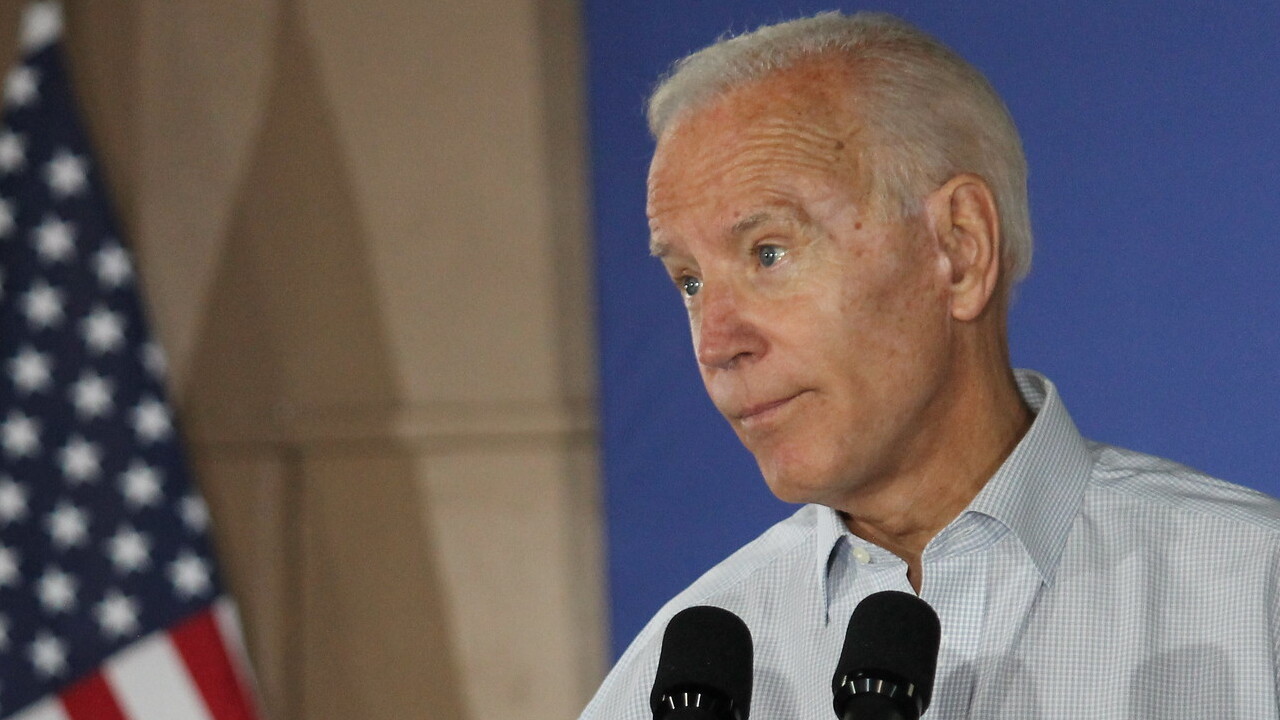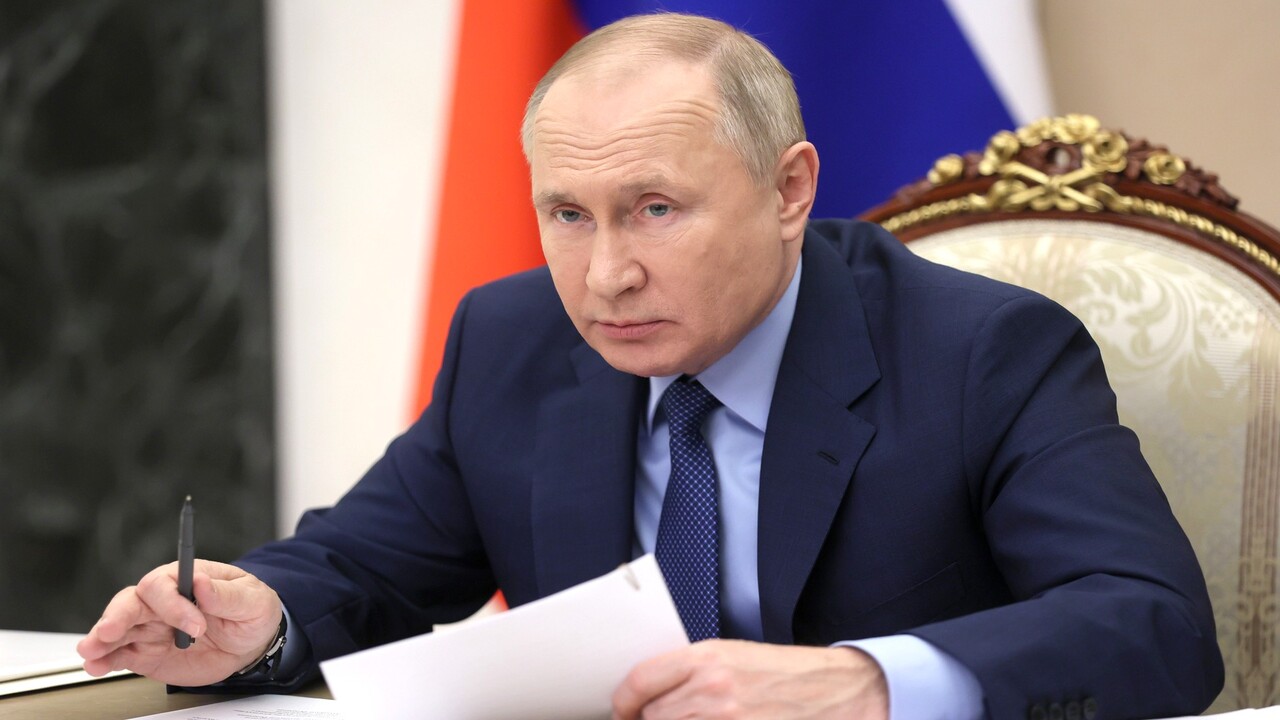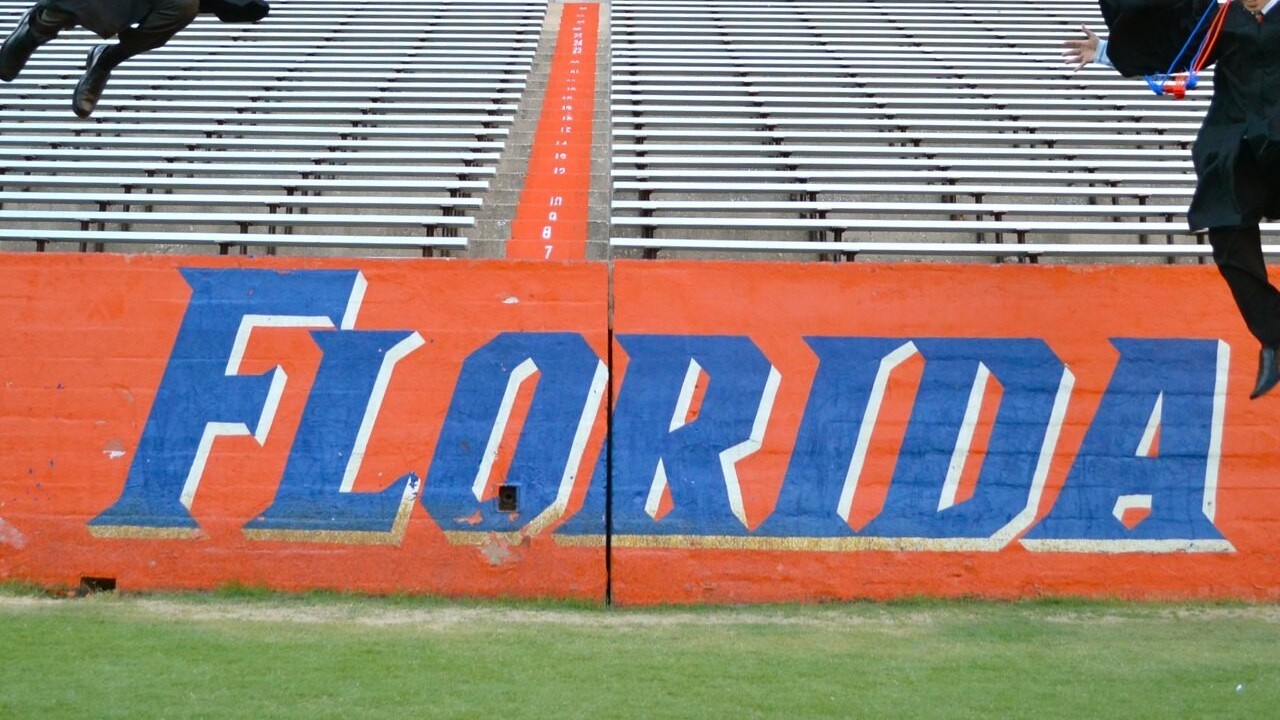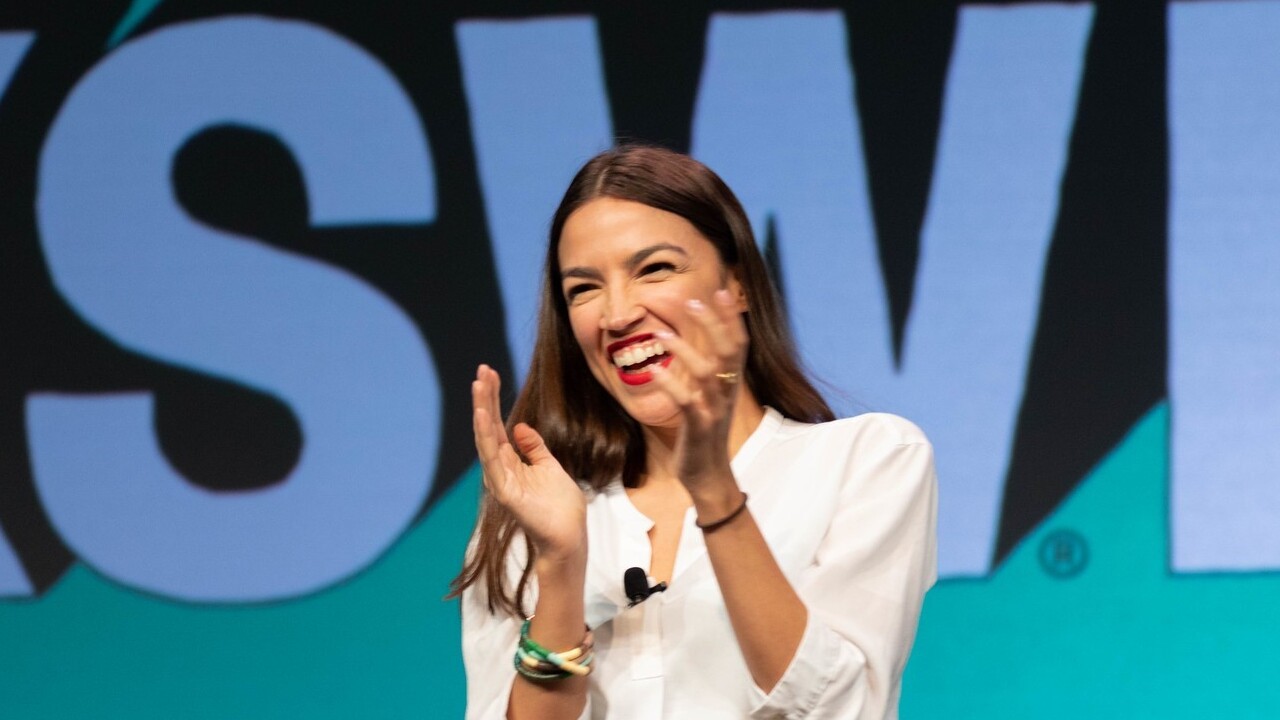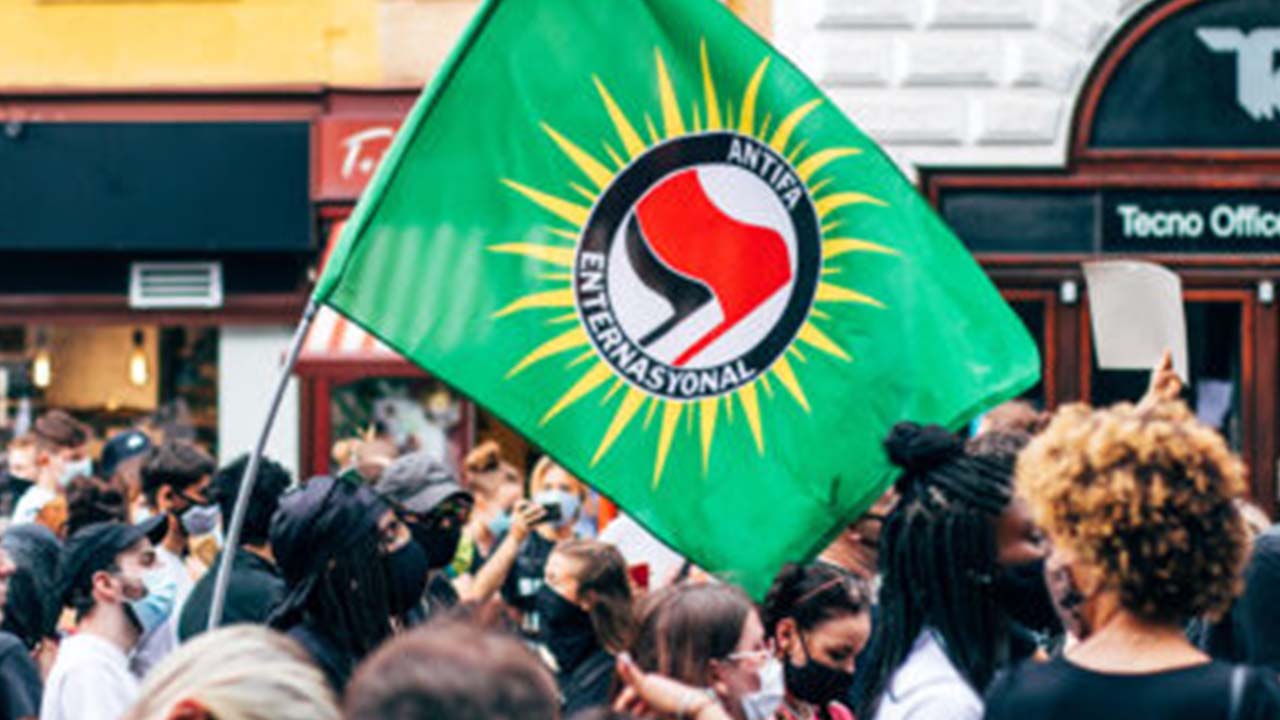During Donald Trump’s presidency, The Washington Post kept a running tally of his alleged lies and/or misleading statements. But, when Joe Biden became president, the Post fact-checker, Glenn Kessler, announced an end to the database operation, saying: “Maintaining the Trump database over four years required about 400 additional 8-hour days over four years beyond our regular jobs for three people.” Looks like supply-chain issues at the Post.
So, while the Post continues to fact-check Biden, it discontinued the Trump-era practice of running the tote board because, after all, Biden is not Trump, and the Post undoubtedly expects Biden to be more truthful.
How’s that working out?
Recently Post fact-checker Kessler wrote: “President Biden is a self-described ‘gaffe machine.’ That’s no excuse, of course, for a president making false or misleading statements. Readers have asked for fact checks of a variety of recent Biden statements, but none of them seemed big enough for a stand-alone fact check.” Really?
Set aside Biden’s decades of falsely claiming, as he did again during the 2020 campaign, that he “was raised in the black church” where, as a teenager, he would meet on Sundays to strategize how to “desegregate movie theaters and restaurants” in Wilmington, Delaware. The New York Times found no evidence of any Biden desegregation activity and congregants of the black church he supposedly attended did not recall seeing Biden there.
Then there is Biden’s decadeslong claim that he and former United Nations Ambassador and Rep. Andrew Young were “arrested” in apartheid South Africa while attempting to visit the imprisoned Nelson Mandela. Young said it never happened.
Biden, on two occasions, publicly and falsely claimed the truck driver who struck and killed his first wife and young daughter was drunk at the time. But he wasn’t, and the claims brought much dismay to the driver and his family.
As to the precipitous and disastrous pullout from Afghanistan, Biden claimed that no one advised him against it, a claim refuted by two top generals who insisted, under oath, that they advised Biden against the move.
On at least two occasions Biden claimed that his son, Beau, died in Iraq. Biden’s son, a military veteran who served in Iraq, died of brain cancer six years after returning home.
In late October, Biden said: “The most common price of gas in America is $3.39. Down from over $5 when I took office.” Two problems. When Biden took office the average price of gas was $2.39, and AAA says the average price on the day he made that statement was $3.76, 37 cents more than asserted by Biden. For good measure, the following day Biden said, “Since the elections, we’ve been — we’re taking gas prices down from where they were.” Given the importance of gas prices, a concern that many voters put at the top of their list, do Biden’s back-to-back gas claims amount to a gaffe or a blatant lie based on the expectation of more lenient media by Biden compared to Trump?
What of Biden’s recent characterization of his student debt forgiveness program, via executive order, that the Congressional Budget Office estimates will cost $400 billion? Biden, during an online discussion with progressive organization NowThis News, also in late October, said: “It’s passed. I got it passed by a vote or two, and it’s in effect.” Except he signed an executive order, currently under challenge and blocked by a federal appeals court. No Congress, no votes, and not in effect.
After Trump’s election, Democrats and the media raised such concerns about Trump’s mental capacity, that the president undertook a cognitive test. Trump then allowed the White House doctor to answer questions from reporters for a full hour, during which the doctor said Trump registered a “perfect” score. It does not appear that Biden undertook the same cognitive test. But despite Biden’s frequent displays of confusion, neither the Democrats nor the media care much about the mental acuity of a Commander-in-Chief not named Trump.
What a difference an administration makes.
Photo by Matt Johnson, Attribution 2.0 Generic (CC BY 2.0).
A “firebrand libertarian” according to Daily Variety, best-selling author, radio and TV talk show host, Larry Elder has a take-no-prisoners style, using such old-fashioned things as evidence and logic. Larry shines the bright light of reasoned analysis on many of the myths and hypocrisies apparent in our system of government, our society, and the media itself. He slays dragons and topples sacred cows using facts, common sense and a ready wit.
Larry hosted, for 15 years, the longest-running afternoon drive-time radio show in Los Angeles, beginning in March 1994. “The Larry Elder Show,” a top-rated daily program from 3 p.m. to 7 p.m. on KABC 790, became a nationally syndicated daily talk show for ABC Radio Networks on Aug. 12, 2002. Now Larry is seeking airwave dominance over the morning hours, broadcasting from KABC from 9 a.m. until noon. Known to his listeners as the “Sage From South Central,” Larry sizzles on the airwaves with his thoughtful insight on the day’s most provocative issues, to the delight, consternation and entertainment of his listeners.
In his best-selling book "The 10 Things You Can’t Say in America," Larry skewers the crippling myths that dominate the public agenda. Larry punctures all pretension, trashes accepted “wisdom” and puts everyone on notice that the status quo must be shaken up. In his second book, "Showdown: Confronting Bias, Lies and the Special Interests That Divide America," Larry again takes on the Nanny State, “victicrats” and the politically correct. His latest book, "What’s Race Got to Do with It? Why it’s Time to Stop the Stupidest Argument in America," is being praised as an important, groundbreaking must-read for the future of race relations in America. Elder also writes a nationally syndicated newspaper column, distributed through Creators Syndicate.
Larry was also host of the television shows “Moral Court” and “The Larry Elder Show.” Larry created, directed and produced his first film, “Michael & Me,” a documentary that examines the use of guns in America.

